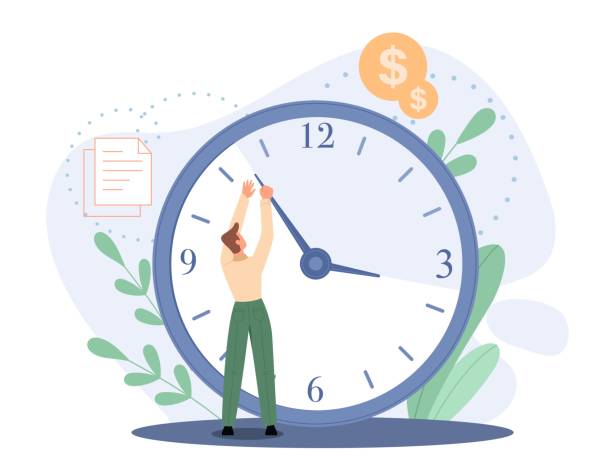Sober living homes are a place for people in recovery to transition back into traditional society. They provide a supportive environment that’s important to maintaining sobriety and personal growth. One of the most common questions that those in recovery and sober living operators have is: How long should a resident stay in a sober living? There are so many factors that influence the optimal length of stay in a sober living. So let’s talk about them so you can make an informed decision over program length.
The ideal length of stay in a recovery residence varies for each person. It depends on severity of addiction, co-occurring mental health issues, past treatment, and personal goals. Some may benefit from a short stay of a few months just to get back on their feet. Others may need a long term commitment like six months to a year. Those who take longer often need the time to build habits they never had like money management or grocery shopping.
They should be able to practice those essential life skills during their time with you. Hold them accountable to make sure they’re learning to pay rent on time, secure employment, and navigate their personal relationships. These are all key things that lead to independent living. But if the stay is too short at your facility, they may not develop them properly. Research does show that the longer the stay, the better the result. This means reduced rates of relapse and higher rates of sustained sobriety.
The longer someone is in your organization the stronger their foundation is. They’ll develop relationships in their community and possibly even become a leader and mentor to others. The decision to leave a recovery program should based on the individual’s progress and readiness. Residents and their supportive staff should regularly assess goals and readiness. When working together with a resident, their family, and sponsor you’ll be able to make an educated choice.
So how long should a resident stay in a sober living? It seems the average is six months. But that’s not the golden answer. It won’t be the case for everyone and some may need some additional time in your program. The key to running a successful program is being able to adapt and serve your community. No one gets into sober living for the money. If you’re running a program to help people, then you know that’s the end goal. If someone is in your program for eight months versus your expected six, it’s not the end of the world. It could just be the life saving difference for that person.
If you’re looking for a number to structure your program around, it requires careful consideration. You’ll want to look at recovery goals, treatment needs, and readiness for transition. You may need to operate for a couple of years before you’re ready to implement hard deadlines and goals. But by prioritizing each persons progress and oangoing support your residents will succeed no matter how long their stay.
Want to learn how One Step helps sober livings keep track of resident success and goals? reach out to Info@onestepsoftware.com

